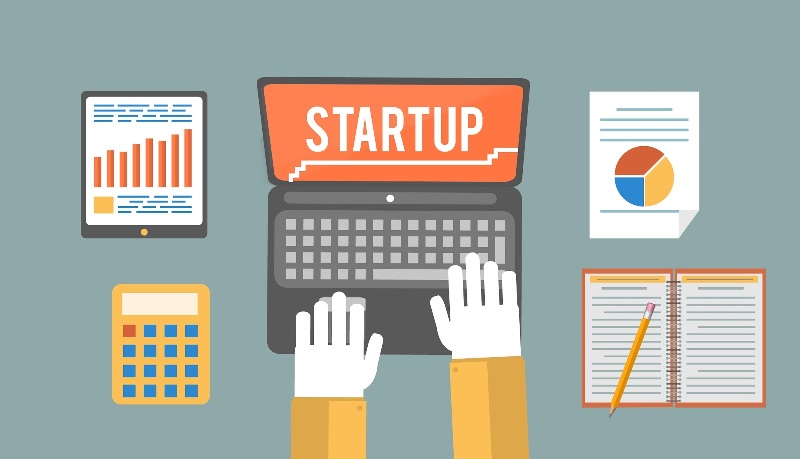The skillset necessary for entrepreneurial success is changing rapidly.
There’s an irony to being a start-up founder these days. As the next generation of entrepreneurs emerges with disruptive designs on their respective industries, they’re entering a business world that has already been disrupted by start-ups that have gone before. The certainties of even five or ten years ago no longer apply. Because the rulebook is being extensively rewritten, we should expect start-up failure rates to remain high, even as the opportunities for the successful few have never been greater.
Every smart entrepreneur has to forge his or her own pathway to success, but there are common factors to keep in mind. At last month’s INSEAD Forum in Singapore, I moderated a panel discussion on innovative entrepreneurship where INSEAD alums shared stories and advice from the trenches. Three core themes united their diverse comments.
1. Expertise is becoming less important than experimentation.
It used to be that having a founder with deep industry knowledge and experience was a key differentiator for fledgling companies. Nowadays, like it or not, industry expertise has become commodified – you can easily buy or rent it. The skillset most essential to success these days has to do with experimentation: being able to learn by trial-and-error, adapt and move on to the next experiment faster than your competition. Panellist Will Klippgen ‘03D, an angel investor at Cocoon Capital and co-director of INSEADAlum Ventures, said, “It used to be about knowing a few things deeply, while it now seems that it is becoming just as important to learn a high number of things very fast. Learning has become a day-to-day activity.”
Any experiment carries the risk of failure. The need for rapid and repeated experimentation raises the stakes considerably, on the principle of what mathematicians and statisticians call the “gambler’s ruin” – each roll of the dice increases the likelihood of financial wipe-out. To succeed, entrepreneurs will have to excel not only at learning from failure but also at designing experiments whose failure can be survived.
2. The gig economy makes for a daunting leadership learning curve.
The commodification of expertise that I referred to above is largely the result of the gig economy. Digital technology makes it possible to tap a global talent pool for the exact competencies needed at any given time, rather than having to commit to nurturing a co-located team. “You have access to incredible technical expertise immediately and cost-effectively,” said panellist Cameron Stevens ‘06J, founder and CEO of online peer-to-peer lending platform Prodigy Finance. “Start-ups can match huge multinationals for depth of resource and technical knowledge without the cost base and bureaucracy.”
But there are major challenges too. Without an enduring, personal, face-to-face connection with the other members of the venture team, inculcating a common corporate culture becomes no easy feat. As Stevens said, “Technology is still years away from enabling lifelike remote interactions. Distributed teams do not have the same cultural osmosis. They require a completely different leadership approach. Otherwise, you’re set up to fail.”
Every business that scales up has to face the problem of fraying cultural cohesion. Manufacturer W.L. Gore & Associates, for example, famously caps the headcount for each of its factories at 150 to maintain an atmosphere where “everyone knows everyone”. The difference is that today’s start-ups are facing this problem from day one, thanks to the gig economy. If you’re in California, how do you win the time and attention of an expert in London who may be working with ten other clients? The challenge is making sure that person is integrated into your organisation even though he or she is not a full-fledged “team member”.
3. You can’t afford to ignore social impact.
Panellist Xania Wong ’06D, CEO of Hong Kong-based recruiting platform JOBDOH, pointed out that in the developing world, entrepreneurs are filling in the social-welfare gaps left by corrupt and ineffective governments. The line between so-called “social enterprises” and conventional for-profit businesses is blurring. A new mind-set is gaining ground among start-up backers and conscious consumers: “A business ought to be financially sustainable, while incorporating social impact in its KPI,” according to Wong.
When I advise entrepreneurs on their pitches these days – no matter what the project is – I always tell them to prepare a backup slide detailing what the social impact spill over of their business would be. Investors and corporations often have their own formal sustainability programmes to think of, and will want to verify that potential partners are on the same page. “I don’t know, I hadn’t thought of that” as a response to the social impact question isn’t likely to further your cause.
Additionally, how your venture affects society may influence how the government views you, especially now that populism is on the rise in the U.S. and elsewhere. If you’re offering a fully automated solution with neither the potential to grow an employee base nor a net-positive impact on the community, you may be taxed differently than a business that is seen as a social asset.
The funding runway
If there is one overarching insight I took away from the panel, it is that a start-up’s possible worth can no longer be measured by the funding it has managed to secure, or the deep-pocketed companies it’s worked with. External support can lengthen the runway for a start-up, but it will remain earthbound without agility in adaptation and the other newly essential skills mentioned above.
Aloke Bajpai ‘05J, founder and CEO of leading Indian travel website Ixigo, summed it up well: “The fact that many hyper-funded start-ups are currently struggling comes as redemption for the 90 percent of start-ups out there that are daring to dream despite limited resources. There is still no price or substitute for that courage, irrationality, passion, perseverance and intuition about the market’s evolution.”
Author: Philip Anderson is the INSEAD Alumni Fund Chaired Professor of Entrepreneurship and Professor of Entrepreneurship at INSEAD. He is also the Academic Director of the Rudolf and Valerie Maag INSEAD Centre for Entrepreneurship.








